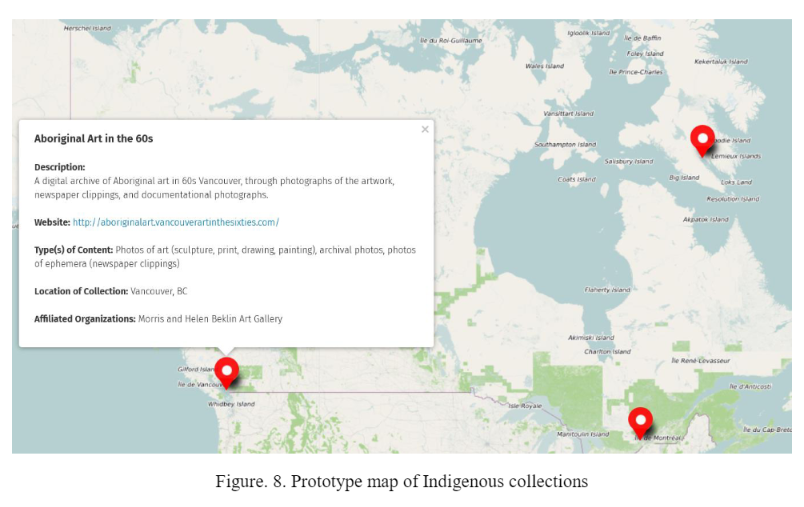The Canadian Federation of Library Association represents library and information professionals from across Canada, from public, academic, and special libraries. The CFLA has been committed to developing policies and position papers to provide best practices and guidance on all issues related to libraries. The Committee on Indigenous Matters develops plans, policies, and position papers to help libraries address and implement TRC Calls to Action, implement the CFLA Truth & Reconciliation report recommendations, promote learning opportunities and engagement with colleagues. CFLA collaborates with Indigenous peoples to address library, archival, and cultural memory issues and engage in reconciliation. They use a medicine wheel to represent the working groups and their priority areas; they prepare materials, PD, policies, and position papers; and they promote courses and learning opportunities for library and information professionals.
For my final project, I want to create an action plan for my library and the CFLA policies and positions will help develop the strategic foundation necessary for a well-designed, professionally-sound strategic plan. My library serves people from across Canada, so having a less immediately local and more cross-country approved approach would best inform my planning process.

